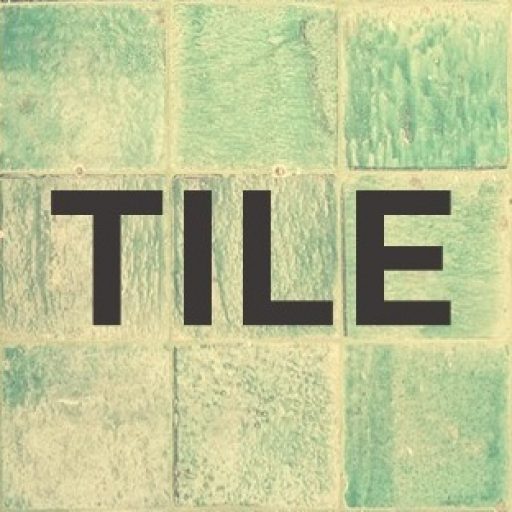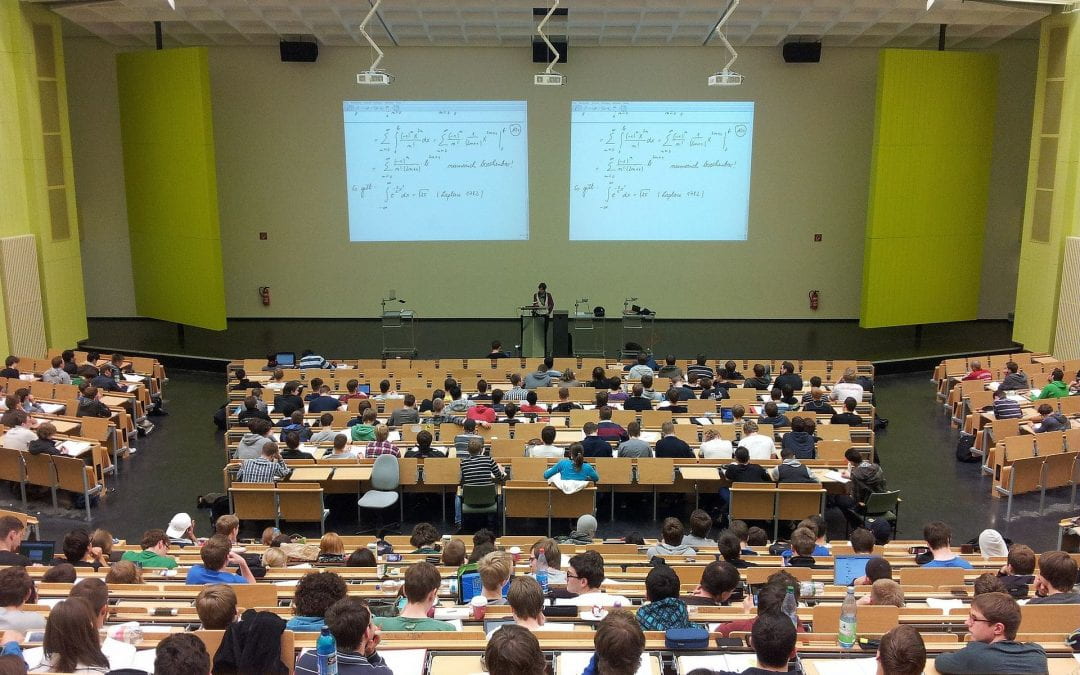- The main focus of a teacher and of the teaching profession should be on transmitting knowledge. Teachers have specialised expertise in an area and the goal should be to teach others who have no or only little knowledge in that specific area. Knowledge should be the ultimate ingredient in schools and universities – more specifically, the transmission of that knowledge from someone who is the expert (i.e., teacher) to someone who is novice (i.e., student).
- The second point follows the first one and asks how this transmission of knowledge can best be achieved? In Stuart’s view this is best achieved if there is an authoritative relationship between the teacher and the student that is based on mutual respect. He states that “There shouldn’t be equality in education. Education should be authoritative. With a relation where the teacher teaches knowledge to the student and the student learns from the teacher – passing on knowledge from the expert to the student.”
While attendees partly agreed with the messages that Stuart tried to convey, at the same time they were not in full agreement. I think the main criticism is rooted in the fact that today’s educational zeitgeist is quite different from the more traditional one suggested by Stuart. For me, his talk was a good reminder of an educational system that I experienced myself when I studied in Germany, but at the same time, I see that education evolved with time and this is not necessarily be a bad thing. Most of the comments from the audience reflect being torn between agreeing with some of the points Stuart made and at the same time emphasising that there is much more to education than knowledge transmission and that the negation of an equal relationship between students and teachers needs to be viewed in a more nuanced way.
Below are some highlights from the discussion. We have all statements on record, but could not always match them to a person. Thus, all comments are anonymised for now, but if attendees recognise their statement, we are more than happy to add their name to the quote. Just let us know. So here we go. This should nicely round up our reflection of the talk entitled “What Is Education For”:
“I think we can learn from students, it goes both ways. There’s a flipside of thinking too much of ourselves and becoming too invested in our own authority, so that we could become engrossed in our own genius.”
“I find that an interesting statement as I think we can actually extend further to idea of teaching approaches. Names, teaching from a podium or using a flip-approach don’t make a difference, it is the professionalism that is going to establish that relationship. Once you have that relationship established, you can introduce a balance of teacher-student involvement within the teaching and learning process.”
“I think you made some really good points. The expectation on teachers to take on social responsibility is ever increasing. Teachers might be subject specialist, but there is more to what has to make a teacher in this day and age.”
“Building on what you were saying that, that is why we have so much literature of what best practice looks like and innovative teaching practices. Because the reality is we do not just convey knowledge, but we are trying to promote development of a whole child, and within that we have this layer of knowledge that we are responsible for, but equally, there has to be an understanding what helps children, and young adults to learn, so not only they take on the knowledge, but also can apply the knowledge and they can think as problem solvers out in the real world. The capacity of a teacher as opposed to the historical perspective, who was uniquely focused on knowledge delivery.”
“I am against what you said, but agree with some of your endpoints. I think your analysis is weak, a lot of what you said is just anecdotal, which is very interesting, but an abuse of power because it is not embedded in knowledge. For someone who is talking so much about knowledge, you haven’t provided much. Recognising the power we have in our position, when we have spaces to deliver opinions, is important, and opinions are very different to knowledge.”
Here are additional resources of the talk for you:
Video of the talk
Please feel free to comment below if you have additional thoughts!


Recent Comments